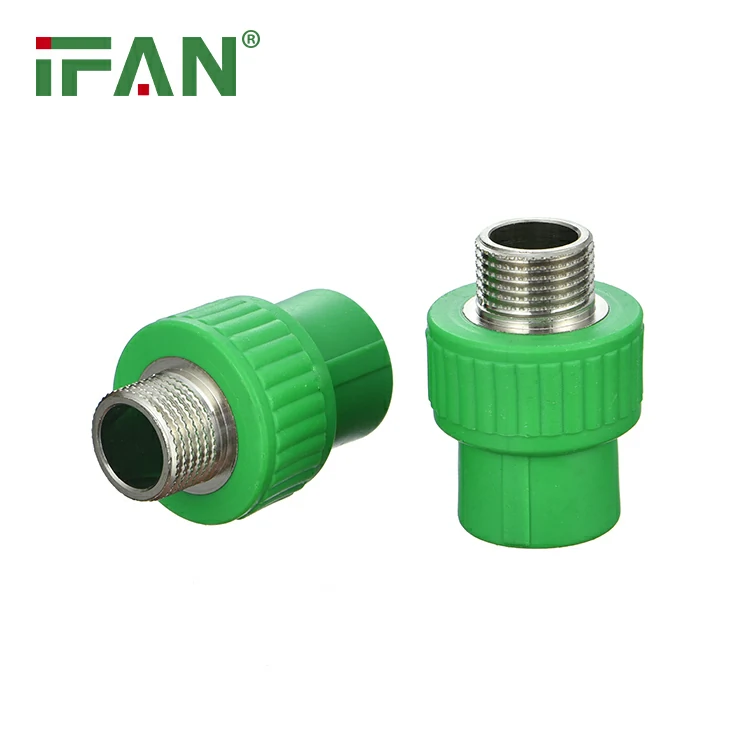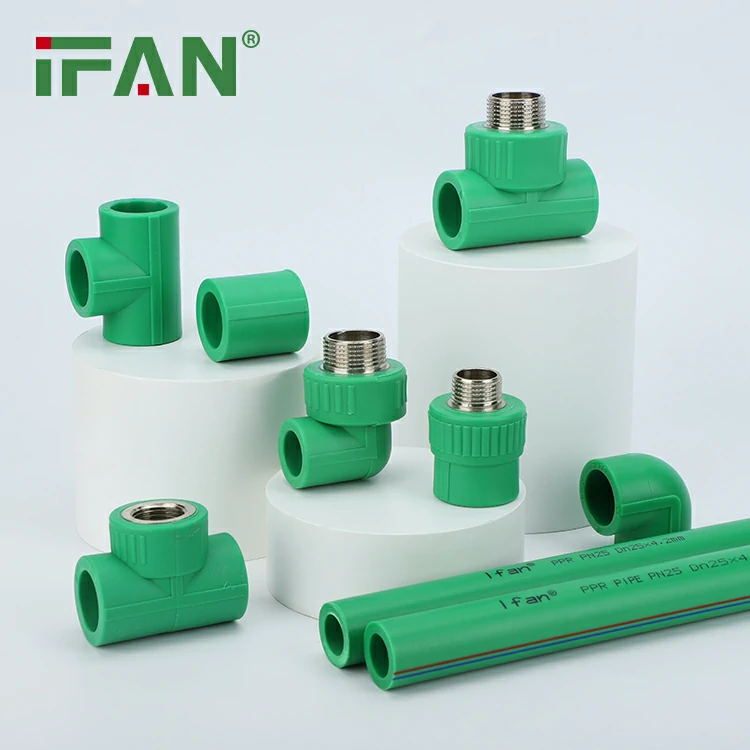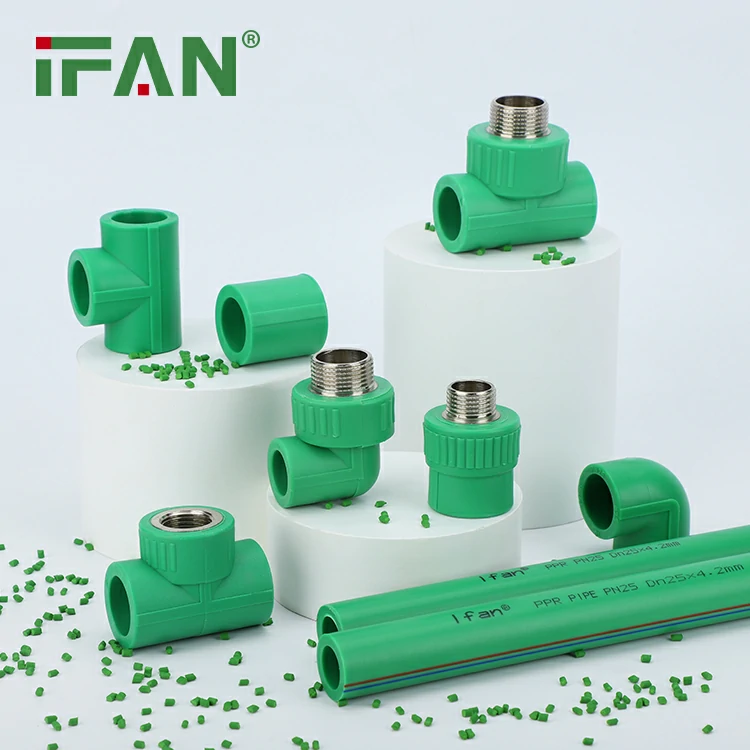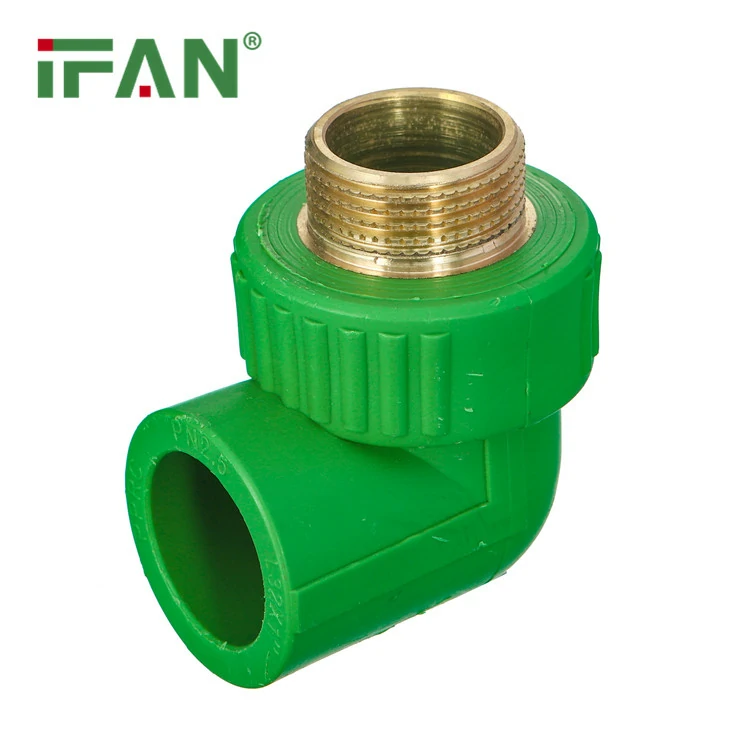Brass fittings and steel fittings both have their own advantages and disadvantages, and the choice between the two depends on various factors such as the application, environment, and specific requirements. In this article, we will compare brass fittings and steel fittings in terms of their characteristics, benefits, and limitations to help you understand which may be better suited for your needs.
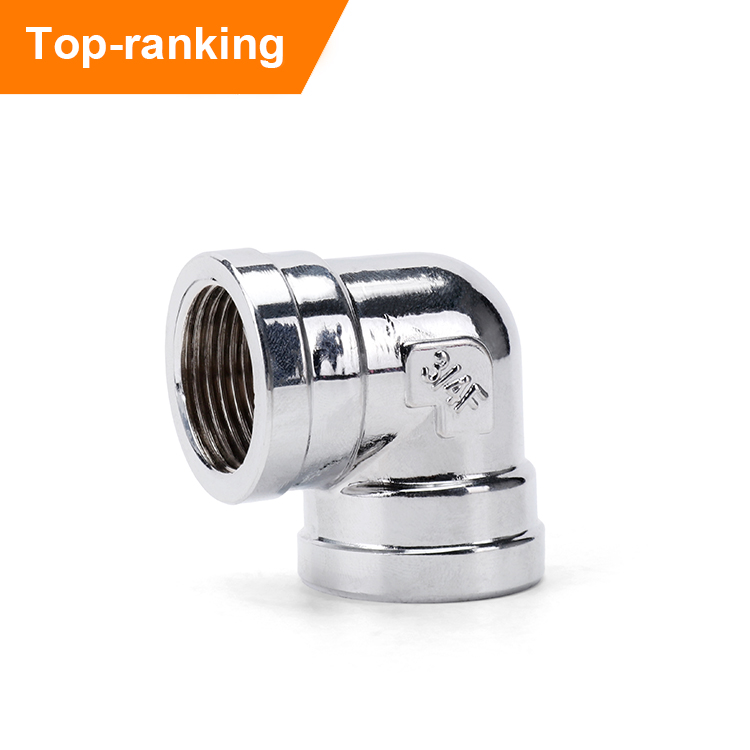
- Corrosion Resistance: Brass Fittings: Brass fittings offer excellent corrosion resistance, particularly in water-based applications. The copper content in brass provides natural protection against corrosion and the formation of rust. However, brass can be susceptible to dezincification, which is the selective corrosion of zinc within the alloy in certain aggressive environments.
Steel Fittings: Steel fittings, particularly those made from stainless steel, provide superior corrosion resistance compared to brass. Stainless steel contains chromium, which forms a passive oxide layer that protects the material from rust and corrosion. Stainless steel fittings are highly resistant to harsh chemicals, high temperatures, and exposure to moisture.
- Strength and Durability: Brass Fittings: Brass fittings possess good strength and durability, making them suitable for a wide range of applications. They can withstand high pressures and are resistant to deformation. However, brass fittings may not be as strong as steel fittings in some cases, particularly when it comes to industrial or heavy-duty applications.
Steel Fittings: Steel fittings, especially those made from carbon steel, are known for their exceptional strength and durability. Carbon steel fittings can withstand higher pressures and heavier loads compared to brass fittings. They are commonly used in industrial settings where ruggedness and reliability are essential.
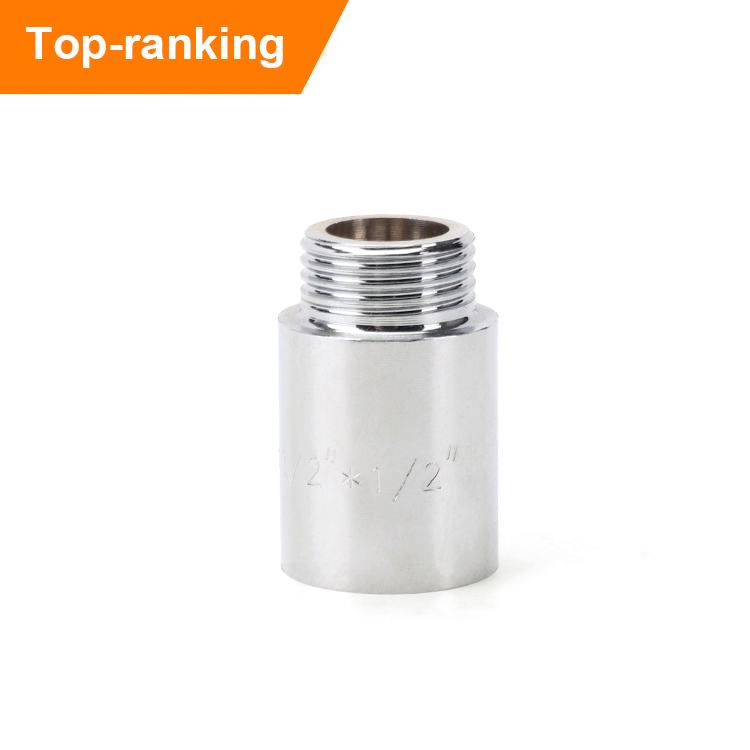
- Heat Resistance: Brass Fittings: Brass fittings have relatively good heat resistance, making them suitable for various hot water and heating applications. However, brass has a lower melting point compared to steel, which can limit its use in high-temperature environments.
Steel Fittings: Steel fittings, especially those made from stainless steel, have excellent heat resistance. Stainless steel can withstand high temperatures without losing its structural integrity, making it ideal for applications involving heat transfer or exposure to hot fluids.
- Cost: Brass Fittings: Brass fittings are generally more expensive compared to steel fittings. The materials and manufacturing processes involved in producing brass fittings contribute to their higher cost. However, brass fittings offer good value for money due to their durability and corrosion resistance.
Steel Fittings: Steel fittings, particularly those made from carbon steel, are generally more cost-effective compared to brass fittings. The abundance of steel as a raw material and the relatively simpler manufacturing processes contribute to its affordability.
- Installation and Compatibility: Brass Fittings: Brass fittings are relatively easy to install and work with. They can be soldered, threaded, or connected using compression fittings, providing flexibility in installation methods. Brass fittings are compatible with various pipe materials, including copper, brass, and plastic.
Steel Fittings: Steel fittings require more specialized tools and techniques for installation, particularly when it comes to welding or threading. Carbon steel fittings are compatible with steel pipes, while stainless steel fittings can work with stainless steel, steel, or other materials depending on the specific type and grade.
Common Uses of Brass and Steel Fittings:
Brass Fittings: Brass fittings are commonly used in plumbing systems, gas installations, air conditioning, and various fluid transfer applications. They are suitable for residential, commercial, and industrial settings where corrosion resistance, durability, and aesthetic appeal are important.
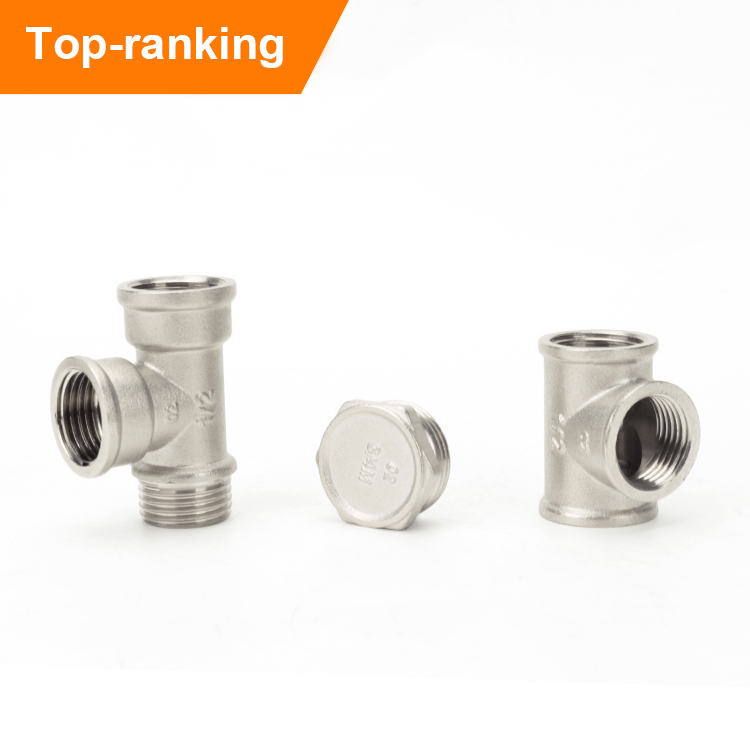
Steel Fittings: Steel fittings, particularly stainless steel fittings, are widely used in industrial settings, oil and gas industry, chemical plants, and marine applications. They are favored for their strength, corrosion resistance, and ability to withstand harsh environments.
In summary, both brass fittings and steel fittings have their own unique advantages and considerations. Brass fittings offer good corrosion resistance, ease of installation, and are suitable for a wide range of applications. Steel fittings, particularly stainless steel, provide superior corrosion resistance, exceptional strength, and durability, making them ideal for industrial and heavy-duty applications. The choice between brass fittings and steel fittings ultimately depends on the specific requirements of your application, cost considerations, and environmental factors.

